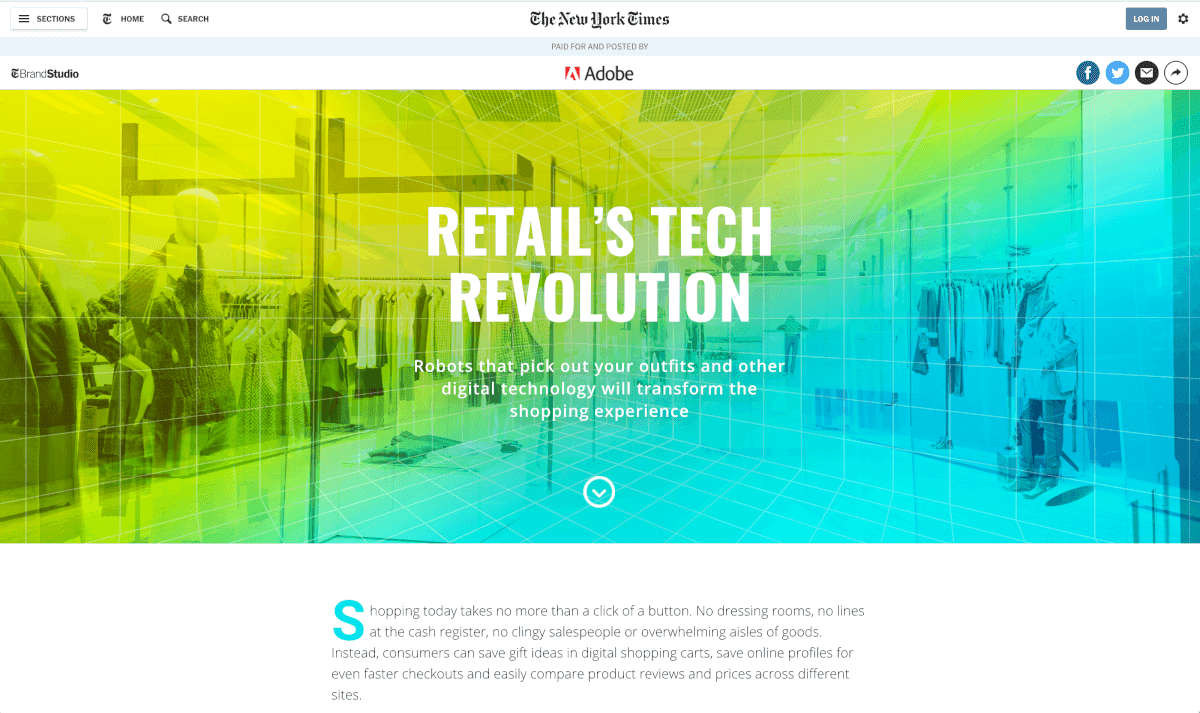The Evolution of Internet Advertising

Internet Advertising
Love it or hate it, almost every website that we visit has an advertising affiliate programme, buy this buy that, click here, click this, but to pay the bills most webmasters need these affiliates, without them web masters would have to charge us to access their websites or shut their sites down completely.
The Evolution of Internet Advertising
Initially when the Internet was introduced to the masses, it wasn't considered to be a serious advertising medium; websites, which were expensive to run, were supported by funding from the government, academic institutions user subscription and by generous benefactors.
These days advertising is everywhere not many of the websites that charged users to view their content have survived and advertising has become the primary means of support for most websites.
Originally advertisers paid to advertise on a webpage, usually by means of a banner at the top of a page.
Now they can pay dependant on how many clicks their ad gets.
The first web ads were simple banners horizontal adverts across the top of a web page, the rapid evolution of the banner means that these days, that you get more information about the advertiser just by scrolling your mouse over the banner. Some banners now even have short videos showing the product in action.
Banners were quite popular, but webmasters and advertisers began to place ads on other areas of their websites, including within the content of the page, in vertical banners and small buttons, vertical banners are popular with advertisers because they can be seen whilst scrolling down long pages.
These advertisements were encoded and added to the pages by the web master, but these days they are more likely to be put into the page by third party organisations, this makes life easier for the web master and is a popular choice with advertisers.
Using services like Google Adsense, marketers can pick the most profitable places to advertise.
Pop up advertisements began to appear as advertisers became a little more creative, these used software embedded in web pages to open a new advertising window in front or behind the main browser window.
These were quite effective because people had to look at the advertisement to shut them down.
Pop ups became frustrating to users because some advertisers quickly found a way to immediately open another pop up as soon as the user closed the original one and instead of getting information they were looking for spent all of their time closing pop ups.
Most browsers today have included technology to block pop ups from appearing on your screen.
As the popularity of pop us waned, Floating ads started to appear, animations or text that slide onto the screen and hover over the centre to grab your attention, these are very irritating ads but the usually have a button to click to close the add quickly.
Flash adverts are increasingly being used on online games sites, the show ads whilst your game is loading, these are impossible to block without removing flash, which would make your game impossible to play.
Search engines are responsible for the latest form of online advertising, not only have they started advertising along side search results but the adverts themselves are based on the search so if you type in money in the search box you can be sure the ads on the results page will be money related.
Love it or Hate it
Love it or hate it advertising on the internet is here to stay, without advertising most websites would be unable to survive without charging you for access, you can block annoying ads like pop ups, but unless you have limited bandwidth there is no reason to block harmless banner and text ads.
The ads on a website keep it free for you to use and they provide an income to the web master which keeps the site up and running. After all without advertising would hubpages survive?









